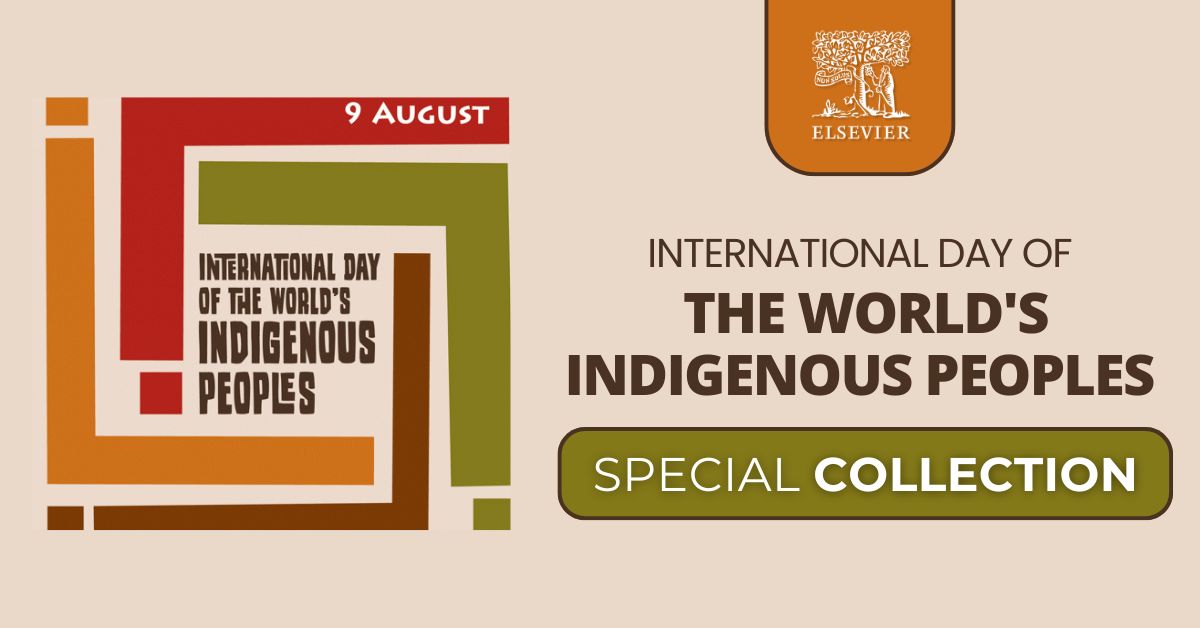This review discusses the dual role of amyloid-beta (Aβ) in Alzheimer's disease (AD). While Aβ accumulation is a hallmark of AD pathology, soluble Aβ also plays a neuroprotective role in regulating synaptic plasticity and memory. The review explores the potential of anti-Aβ immunotherapy as a treatment strategy, highlighting the need to balance targeting toxic Aβ species while preserving the physiological functions of Aβ.`
This study investigated how repetitive transcranial magnetic stimulation (rTMS) combined with cognitive training affects functional connectivity in both gray matter and white matter in patients with mild to moderate Alzheimer’s disease. Results showed that rTMS modulated activity in key brain regions, particularly within the limbic system, with changes in white matter connectivity correlating with cognitive improvements.
The article provides a comprehensive overview of the role of the endogenous detoxification system in the pathogenesis of age-related neurodegenerative diseases, particularly Alzheimer's disease (AD) and Parkinson's disease (PD). It highlights epidemiological evidence linking environmental toxicant exposure to the onset and progression of these diseases, and discusses how dysfunction of detoxification pathways, including enzymes and transporters, can exacerbate neurodegenerative processes. The article also explores the potential of targeting nuclear receptor signaling pathways, such as the pregnane X receptor (PXR), as a promising therapeutic strategy to restore detoxification capacity and modify disease trajectories.
This article describes the discovery and characterization of FJMU1887, a novel brain-penetrant small-molecule inhibitor of Galectin-3 (Gal-3) identified through an AI-driven drug discovery platform. FJMU1887 demonstrated potent anti-inflammatory effects, reduced Aβ pathology, and improved cognitive function in Alzheimer's disease mouse models, highlighting its therapeutic potential for the treatment of Alzheimer's disease.
This content aligns with Goal 3: Good Health and Wellbeing and Goal 9: Industry, Innovation, and Infrastructure by considering the role heavy metals such as lead, mercury, and cadmium can play in Alzheimer's Disease.
This perspective highlights strategies for modeling salt tolerance mechanisms, including root system architecture adaptation, salt filtration, adaptation of plant hydraulics, ion compartmentalization, and stomatal responses, to improve model representation and prediction.
The study demonstrates that adopting more climate-friendly diets, which typically involve reduced animal-based food consumption and lower absolute micronutrient intakes, does not substantially increase the risk of micronutrient deficiencies for most nutrients. These findings underscore the importance of assessing both dietary intake and actual nutrient status when evaluating the nutritional consequences of sustainable eating patterns, supporting the potential health and environmental benefits of shifting toward climate-friendly diets.
Low-income citizens show the highest support for food labeling and educational campaigns, viewing them as effective and less intrusive, while taxation and checkout prompts are least accepted due to perceived invasiveness. Policy support is strongly influenced by perceived effectiveness, intrusiveness, and individuals’ existing behaviors, suggesting tailored approaches are needed to improve acceptance and impact.
International Day of the World's Indigenous Peoples is an annual celebration on August 9th. To raise awareness for this important topic, Elsevier presents a curated list of publicly available journal articles and book chapters to help advance #SDG16 research.
This article offers a comprehensive review of how climate policies in Least Developed Countries (LDCs) interact with all 17 Sustainable Development Goals (SDGs), with a particular focus on SDG13 (Climate Action). It identifies a significant research gap, showing that only 5% of relevant studies focus on LDCs, and emphasizes the need for more inclusive, context-specific data and policy analysis. The authors propose a holistic resilience framework, combining infrastructural, institutional, and informational dimensions, to guide future climate policy that supports sustainable development across all SDGs.

